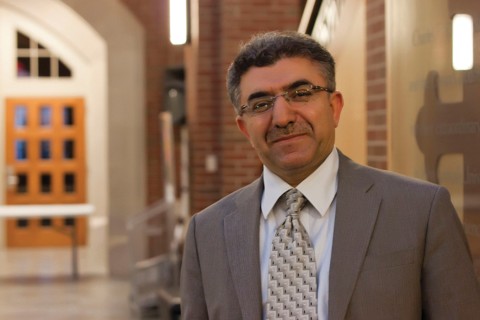Who is Jesus for Muslims?
“According to Islam, Jesus always speaks the truth. The question is how we understand it.”

Zeki Saritoprak’s book Islam’s Jesus examines the role of Jesus in the Qur’an and in Islamic theology. He has written about many Islamic theologians, mystics, and scholars, including the 13th-century poet and Sufi mystic Rumi and the early 20th-century Turkish Muslim scholar Bediüzzaman Said Nursî. A professor of Islamic studies at John Carroll University in University Heights, Ohio, he has been involved in interfaith dialogues, including the Catholic-Muslim dialogues cosponsored by the U.S. Conference of Catholic Bishops and the Islamic Society of North America. His book Islamic Spirituality: Theology and Practice for the Modern World will be published in November.
Who is Jesus in Islam?
In Islam, Jesus, peace and blessings be upon him, is one of the five greatest messengers of God who are collectively known as the ‘Ul al-Azm or the Possessors of Steadfastness. Jesus is also a real person who lived in Roman Judea in the first century of the Common Era. Muslims share with Christians most of the basic outlines of Jesus’ story, though there are certainly differences. In Islam, as well as in Christianity, Jesus was born to the Virgin Mary and was without a father. But for Muslims, Jesus is neither God nor the Son of God.




